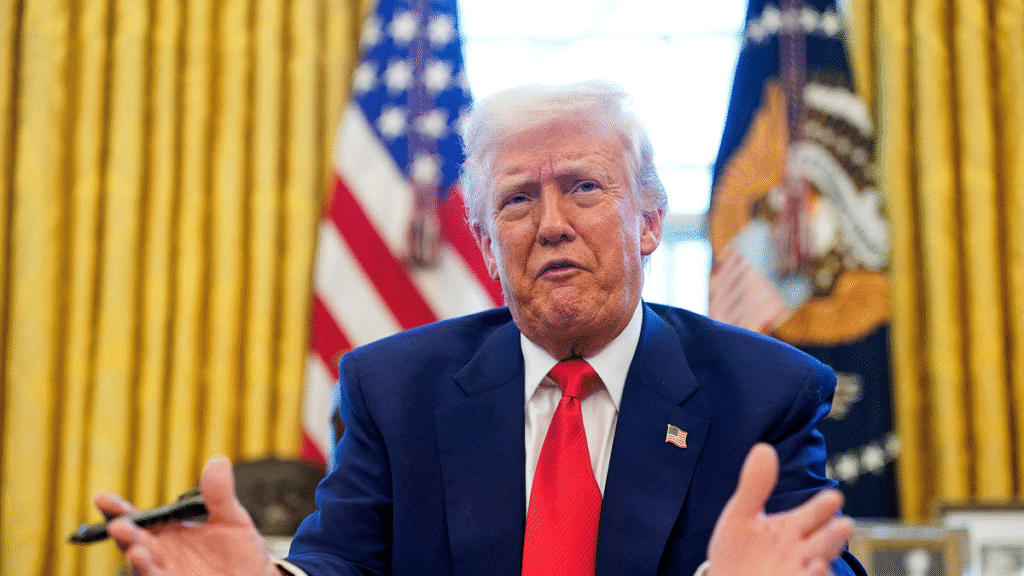Background on the Case and Relevance of Donald Trump
Donald Trump, the 45th President of the United States, has been known for his strict immigration policies since taking office in January 2017. His administration has focused on increasing deportations, particularly targeting undocumented immigrants. Trump’s tough stance on immigration was a central theme during his successful 2016 presidential campaign, where he pledged to intensify deportation efforts.
Judge Charlotte Sweeney’s Ruling
In a recent development, Judge Charlotte Sweeney of the U.S. District Court in Colorado issued a written order requiring the Trump administration to notify Venezuelan migrants detained in Colorado 21 days prior to their deportation. This ruling stems from the application of the Alien Enemies Act of 1798, a law typically invoked only during wartime.
Key Aspects of the Judge’s Order
- Notification Period: The judge mandated that the government must inform detained migrants 21 days before their deportation, ensuring they receive the notification in a language they understand.
- Right to Legal Counsel: The order also requires the government to inform migrants of their right to consult with a lawyer and challenge their deportation.
- Skepticism of 24-Hour Notice: Judge Sweeney expressed doubt that the 24-hour notice previously promised by the administration would meet the Supreme Court’s April 7 order, which mandates that immigrants have the opportunity to contest their expulsions in court.
Trump’s Invocation of the Alien Enemies Act
On March 15, Trump invoked the Alien Enemies Act to expedite the deportation of alleged members of the Venezuelan criminal group Tren de Aragua, which his administration classified as a foreign terrorist organization. Critics argue that this move bypassed standard immigration procedures.
Concerns and Denials from Families and Legal Representatives
Relatives of hundreds of Venezuelans deported, along with their attorneys, have refuted claims that these individuals are members of Tren de Aragua. They assert that the accused were not given a chance to respond to the government’s allegations.
Key Questions and Answers
- What is the Alien Enemies Act of 1798? This law, rarely used outside of wartime, grants the President authority to detain and deport non-citizen enemies during times of conflict.
- Why is the 21-day notification significant? It ensures that detained migrants have ample time to understand their rights and seek legal counsel before facing deportation.
- What is Tren de Aragua? A Venezuelan criminal organization that the Trump administration labeled as a foreign terrorist group, leading to accelerated deportation efforts.
- Why are families and legal representatives contesting the deportations? They claim that those deported were not given a fair opportunity to respond to the government’s accusations and that many are innocent.






